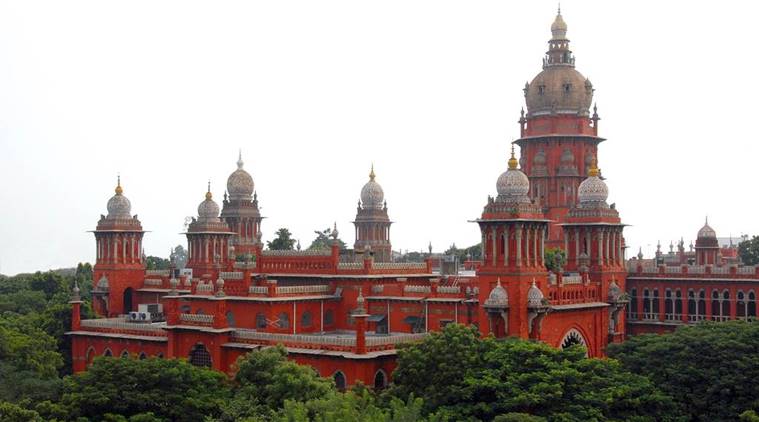 Madras High Court
Madras High Court
The Madras High Court has made it clear that there was no bar on enrolling law graduates who had passed their class 10 or 12 board examinations privately. The court held that the candidates who have obtained the three-year LLB degree from approved institutions established after getting their basic degrees from universities established by statute shall not be refused enrolment.
A Full Bench comprising Chief Justice Indira Banerjee, Justice R Subbaiah and Justice Abdhul Quddhose gave the order yesterday. It allowed a batch of petitions challenging the decision of the Bar Council of Tamil Nadu and Puducherry to keep the petitioners’ applications for enrolment pending on the ground they had cleared class 10 or 12 board examinations privately without attending regular classes in a recognised school.
In a 43-page detailed order, it, however, ruled that those who obtain basic degree through an Open University system without basic qualification of class 12 certificate or equivalent from a Board authorised to confer such certificates were not eligible for admission to the three-year law course. Quoting the Legal Education Rules, the court said the language and tenor of Rules 5(a) and 5(b) read with the first proviso and the explanation makes it amply clear that pursuing a regular course was mandatory only for the immediately previous qualifying certificate or the degree.
The Full Bench refused to accept an earlier decision of a division bench of the high court that a candidate, who obtained the class 10 and class 12 certificate without prosecuting a regular course, would be ineligible for admission to the three-year LLB course. It noted there was a difference between open universities and other universities or boards and in that some of these open universities enable candidates, who do not have the basic qualifications, to obtain higher qualifications straightaway.
In open universities, it may be possible for a candidate to obtain a post graduate degree or a three-year LLB degree without being a graduate or to obtain a graduate degree without having the class 12 certificate, the bench said. It said the Bar Council of India, in its wisdom, framed the Legal Education Rules making a graduate degree through a regular course from a university, whose degree in law is recognised by it (Bar council) a mandatory eligibility criteria.
The bench further said had it been the intention of the BCI that for admission to the LLB course a candidate would be required to obtain all the previous requisite degrees and certificates such as the class 10 and 12 certificates through a regular course, the rules would have specifically provided so. The court said a recognised university or a recognised board issued a certificate, it was not for any other authority to question the certificate on the ground of ineligibility to obtain it until and unless the certificate was cancelled by an appropriate authority and/or by a court of law.
To hold otherwise would be to open the Pandora’s Box, for years later certificates might be questioned on grounds such as inadequate attendance, failure to clear internal test examinations. “Once a degree is found to be authentic, it is not for e Bar Council to go behind the degree and enquire into the eligibility of the candidates to take admission…,” the bench added.
The court directed that all applications for enrolment be dealt with expeditiously and not exceeding three months barring exceptional circumstances where the genuineness of a degree in itself was in doubt.